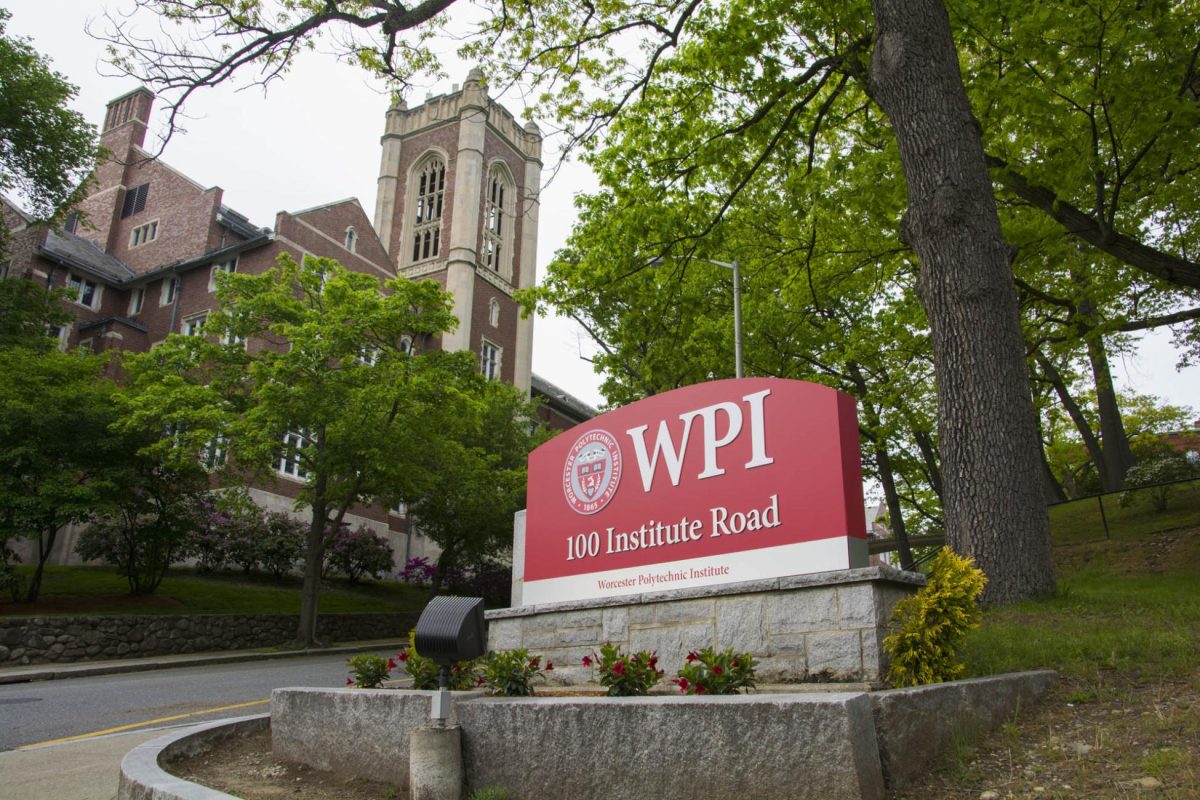On September 13, Worcester Polytechnic Institute (WPI) finalized its plan to purchase two hotels in Worcester, the Hampton Inn & Suites and the Courtyard Marriott, for $46 million intending to convert them into student dorm buildings. This plan wipes out 230 hotel rooms, over a quarter of Worcester’s hotel capacity. It also deprives the city of real estate in a ‘soon-to-be thriving’ neighborhood, one hundred hotel jobs, and, as estimated by the Worcester Economic Development Coordinating Council, over $1.6 million in annual tax revenue (as a non-profit institution, WPI is exempt from all forms of taxes). One shudders thinking about the already-underfunded public schools, the deteriorating roads… It would be no exaggeration to say nearly EVERYONE is pissed off.
For the past few years, WPI has been buying properties and expanding its reach into Gateway Park (where the hotels are located) so much that Reddit user u/mkg1138 commented, “they’ve become an insatiable beast that swallows properties whole, growing ever stronger.” And it’s growing fast; over the last decade, WPI’s undergraduate student population has increased 30%. Since the university guarantees housing to all freshmen, upperclassmen must compete for limited beds or squeeze by in Worcester’s extremely tight, 1.7% vacancy rate-housing market. There is little doubt that WPI needs more student housing. The addition also cheapens on-campus living at WPI (currently the most expensive in the city at $10,000 per year), enriches the social scene of the school with additional dorms close to campus, and should marginally lower rent in Worcester by alleviating demand.
While no one can deny this housing crisis, many argue the university has solutions that don’t involve giving middle fingers to anyone. For example, a couple of miles away, Clark University intends to build new high-rise dorms on Main Street as opposed to buying them out. Meanwhile, quite a few parking lots and empty fields sit idly on WPI’s campus. WPI could also, if the situation was so dire, enroll fewer students in the next graduating class–in fact, many students and faculty complain about WPI’s ‘overadmittance’ policy. It is also worth noting that soon, colleges and universities nationwide will face a demographic cliff; that is, starting around 2026, significantly fewer people will be applying to college due to the lower birth rates associated with the 2008 financial recession. In these conditions, is a new dorm building really needed? Many would suggest not.
Viewed from a capitalist-libertarian lens, however, WPI is entirely in the right. The capitalist would enthusiastically say: “Just let them expand!” More students brings more economic opportunities in Worcester and more demand for small business retailers, especially those in Gateway Park with the addition of new dorm buildings. And guided by the invisible hand of laissez-faire, higher hotel prices should incentivize developers to build more hotels in the city, thereby returning everything WPI took away. In fact, one might now direct attention toward the city government rather than WPI, asking what legislative steps are being taken to push this process along and develop the city. While the tax revenue cuts and economic losses will admittedly hit hard short-term, the next few years (theoretically) should bring more economic development than a couple three-star hotels could ever generate.
Now we could debate the economics at hand for a while. However facts and figures hold no water against the anger WPI has spun in Worcester and the trust it has violated. Most city officials, local organizations, and Worcester-ites feel betrayed as $170 million of public funds have been invested into decontaminating Gateway Park and converting its old industrial buildings into a mixed use development. This construction establishes a hub for biotechnology, creates jobs, adds to the tax base, and brings more research and innovation into Worcester. WPI essentially gets to reap the benefits of the project while paying zero taxes to the city. What’s more, WPI made no mention of the hotel acquisition proposal to local officials in meetings despite intending to buy them for quite some time. In the words of City Manager Eric Batista, “you almost get the impression WPI was trying to deceive people with what their intentions are.” Regardless of intentions though, the consensus is that WPI stabbed Worcester in the back.
Were they stabbed with the knife of economic opportunity?
Or rather, stabbed by an insatiable beast?


g ~ Apr 2, 2025 at 4:46 pm
My Sophmore Son with a 3.9 Freshman year cant even get a dorm on campus , his choice is a dump in south village . Housing is very unfair and so expensive for what is offered. wpi is the next uconn
Cheryl Rosen ~ Sep 29, 2024 at 11:32 pm
I was with someone in Rutland this weekend who ended up staying at a motor lodge in Ware because there were no vacancies anywhere – including Worcester (any hotel/any price range). This wasn’t a holiday weekend nor a graduation weekend. So what is to happen when the city is eventually down two hotels, especially when there is an influx of travelers to the city?